After today’s explosive testimony by Cassidy Hutchinson — who served as chief assistant to Mark Meadows and was literally and figuratively in the middle of Trump’s White House — I don’t see how Attorney General Merrick Garland can avoid prosecuting Trump, as well as Mark Meadows and Rudy Giuliani.
If you didn’t hear or see her testimony, Hutchinson portrayed a plot, in which Trump was directly involved, to stop the counting of electoral ballots on January 6. Meadows, Giuliani, Mike Flynn, and Roger Stone were also directly involved. Trump knew rioters were coming to Washington with weapons, and knew they had weapons on January 6. He knew they were threatening the life of Mike Pence. He knew they were dangerous. He wanted to be on Capitol Hill when they stormed the Capitol. He could have stopped them at any point, but he chose not to.
It was the most chilling depiction yet of a president in charge of an attempted coup. Trump knew exactly what was happening and what he was doing. He knew he was acting in violation of his oath of office and inciting violence in order to stay in office. He repeatedly refused to listen to reason, or to change course.
More than any other hearing to date, the audience for today’s hearing was not just the American public but also the Attorney General. Time and again, Hutchinson gave testimony about serious federal crimes.
Hutchinson testified that (in rough chronological order):
1. As early as December, a plan was emerging that was considered “potentially dangerous for our democracy” and with “dangerous repercussions,” John Ratcliffe, Trump’s director of national intelligence, told Hutchinson at the time.
2. When Attorney General Barr said publicly that the Justice Department hadn’t found evidence of election fraud sufficient to change the outcome of the election, Trump exploded – throwing lunch against the wall of the dining room off the Oval Office, breaking plates. When she attempted to help the valet clean up, the valet warned Hutchinson to stay clear of him.
3. On the evening of January 2, Giuliani asked Hutchinson, “Cass, are you excited for the 6th? It’s going to be a great day. We’re going to the Capitol. Talk to the Chief about it.” When she spoke with Meadows, he said “there’s a lot going on Cass … things may get real, real bad on January 6.”
4. On January 4, Trump’s national security advisor Robert O’Brien asked if he could speak with Meadows about potential violence on January 6. Tony Ornato, Deputy Chief of Staff in charge of all security, also had reports of potential violence on January 6.
5. On January 5, Trump asked Meadows to speak with Roger Stone and Mike Flynn; Hutchinson believes they talked. Flynn had set up a “war room” at the Willard Hotel. Meadows wanted to join their meeting but Hutchinson advised against it. He dialed into the meeting instead.
6. On the morning of January 6, Pat Cipollone, the White House counsel, asked Hutchinson to “please make sure we don’t go up to the Capitol, we’re going to get charged with every crime imaginable.” He was “concerned we were obstructing justice or obstructing the electoral count” and “look like we were inciting a riot.”
7. Moments before his January 6 rally on the ellipse, Trump was angry because he wanted the area to be filled with his supporters and worried that camera shots would show it sparsely filled. When told that Secret Service wasn’t letting people with dangerous weapons through the metal detectors (magnetometers), Trump said: “I don’t fucking care they have weapons. Let my people in. They aren’t here to hurt me. Take the magnetometers away” and “they can march to the Capitol after the rally is over.”
8. Later, when Trump was finishing his speech and rioters were on the way to the Capitol, Ornato asked Hutchinson to let Meadows know of the danger. But Meadows didn’t want to hear it. Sitting in a secure vehicle near the ellipse, Meadows repeatedly shut the door on her. Almost a half hour later, when she was finally able to tell him of the danger, he said “Alright, how much longer does the president have left in his speech?”
9. When Trump was back in his limousine (“the beast”) after the rally, he wanted to go to the Capitol but the Secret Service wouldn’t let him. When chief Secret Service agent Bobby Engle refused, Trump tried to grab the steering wheel and then lunged at Engle.
10. When the riot began, and they were back in the White House. Hutchinson heard Meadows tell Cipillone, “The President doesn’t want to do anything about it.” Moments later, when Cipillone and Meadows met with Trump, Hutchinson heard them talking about the “hang Mike Pence chants.” A few minutes later, when Cipillone told Meadows, “Mark we need to do something more, they’re literally calling for VP to be hung,” Meadows said, “you heard him, he doesn’t think they’re doing anything wrong, and Mike deserves it.”
11. As rioters stormed the Capitol, many people phoned Meadows, urging that Trump tell rioters to stop. He could easily have walked down to briefing room just steps from the Oval Office. But Trump did nothing until 4:17 pm when he released a video, telling the rioters “go home, we love you, you’re very special … go home in peace.”
12. The next day, on January 7, many of his advisers wanted Trump to give remarks about national healing, but Trump resisted. Hutchinson said “he didn’t think he needed to do anything more” and “didn’t think the rioters had done anything wrong, that the person who did something wrong was Mike Pence.” Concerned that his cabinet might otherwise invoke the 25th amendment and relieve him of his duties, Trump ultimately delivered remarks, but still refused to use the words “this election is now over.”
13. Both Giuliani and Meadows wanted presidential pardons.
***
A final note: Liz Cheney, vice-chair of the committee, noted that several potential witnesses had been warned not to testify or to testify in ways that would not implicate Trump. She reminded the public (and any potential witnesses) that this attempted interference was itself a federal crime.


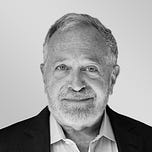
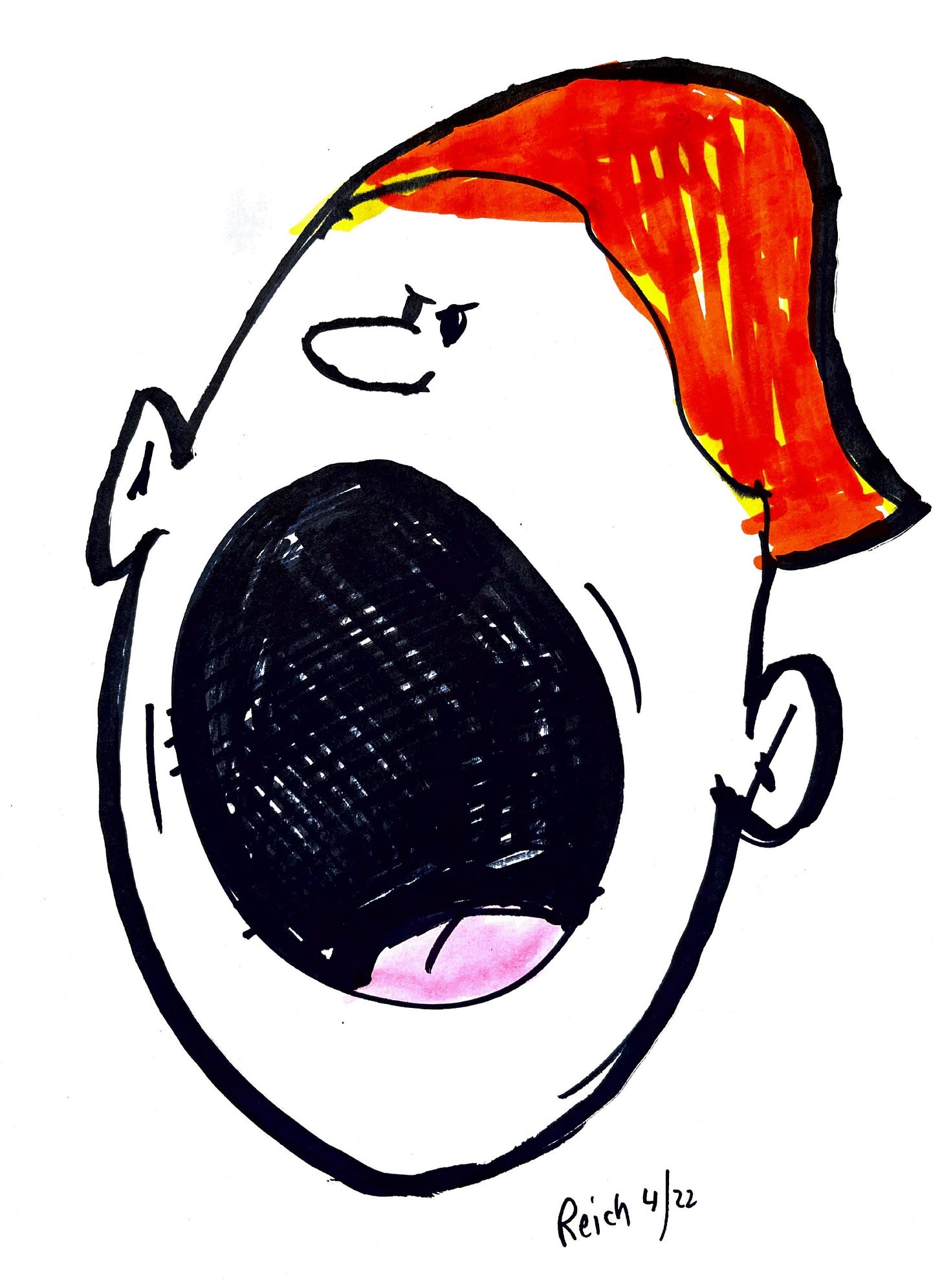

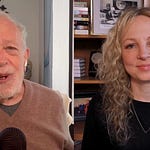
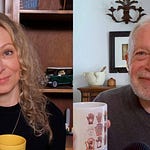
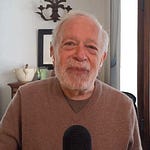
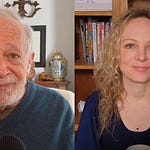
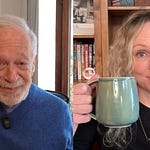



Share this post